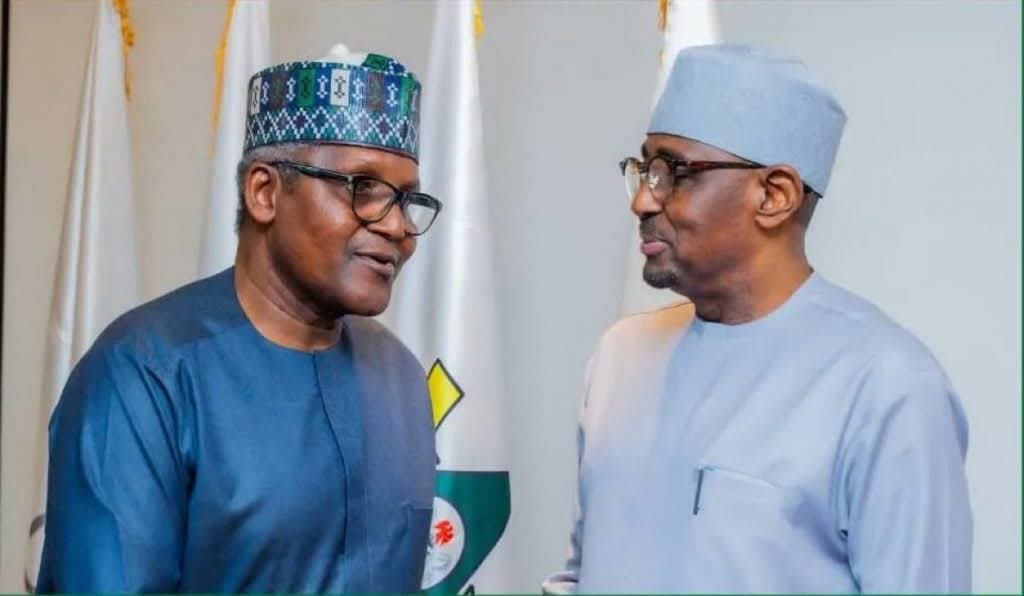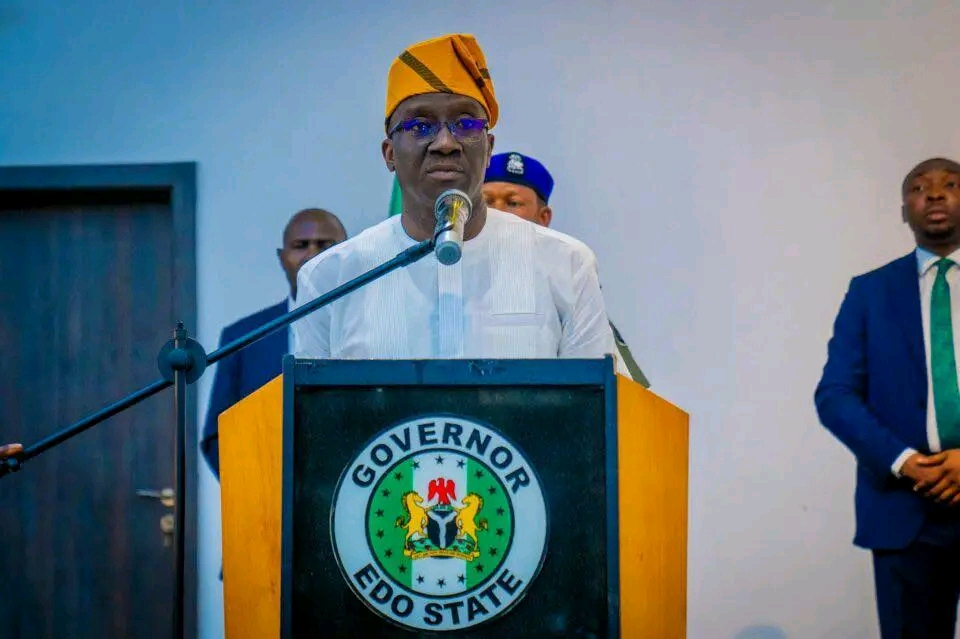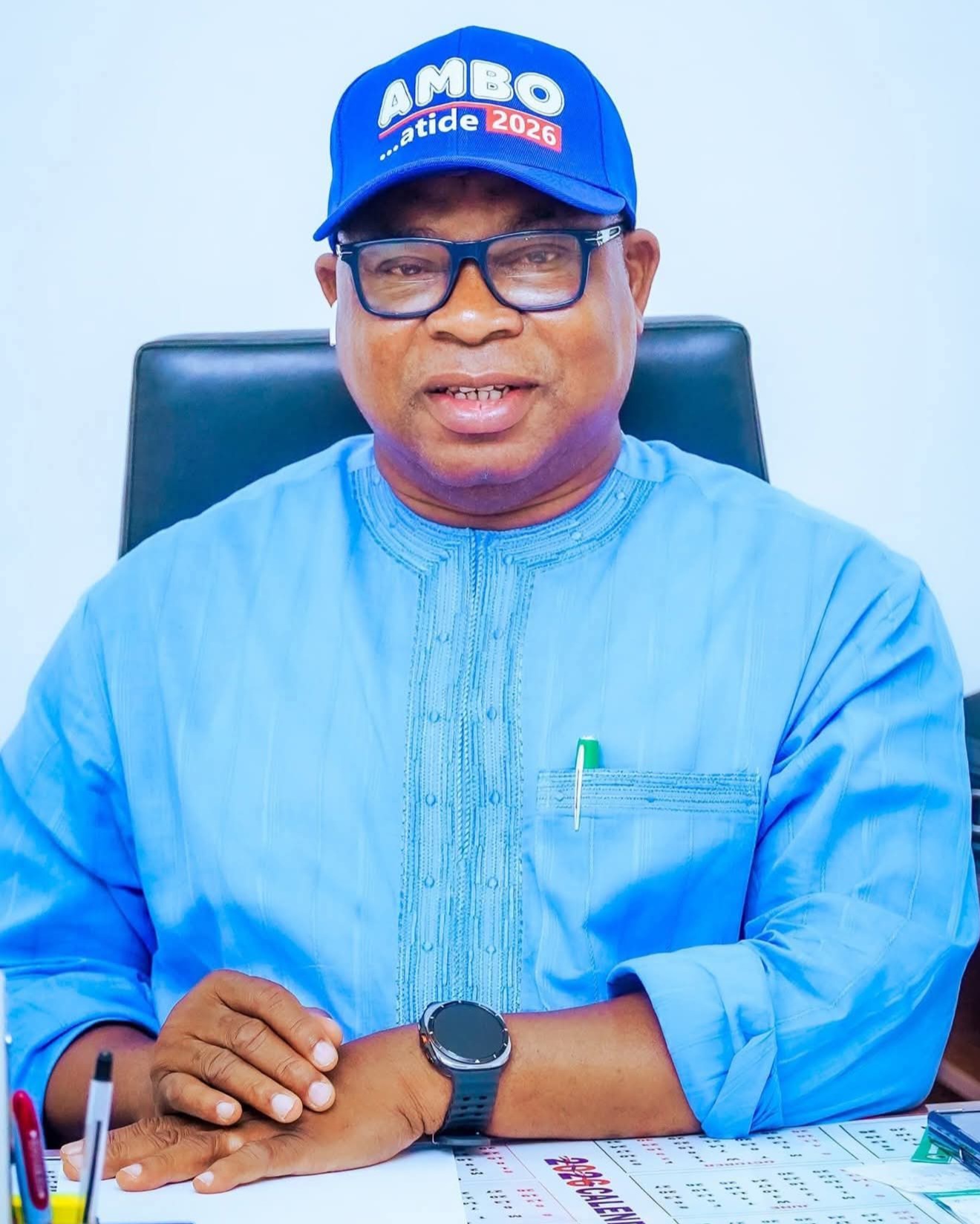
Ngozi Okonjo-Iweala, Director-General of the World Trade Organization (WTO), has issued a stark warning that the recent tariff measures implemented by the United States could significantly harm global trade and impede economic growth.
On April 2, 2025, U.S. President Donald Trump unveiled a new global tariff policy, which includes a 14 percent duty on imports from Nigeria. Okonjo-Iweala emphasized that the WTO is closely monitoring the situation and engaging with its members to assess the potential economic fallout.
Several WTO member nations have voiced concerns over these developments, and the organization is actively addressing the situation. Okonjo-Iweala cautioned that these tariffs, coupled with other trade restrictions introduced earlier in the year, could lead to a 1 percent decline in global trade volumes—an alarming downward revision from previous projections.
“The recent tariff actions will have far-reaching implications for global trade and economic prospects. Our preliminary analysis points to a potential 1 percent reduction in global merchandise trade volumes this year, nearly four percentage points lower than earlier forecasts,” she stated.
She also warned that rising trade tensions could provoke retaliatory tariffs, further stalling global trade.
While acknowledging the imposition of new tariffs, Okonjo-Iweala reminded that most global trade still operates under the WTO’s Most-Favored-Nation (MFN) principles, although this proportion has dropped from 80 percent at the start of the year to 74 percent.
She urged WTO members to work together to manage the situation and prevent further deterioration of international trade relations.
“It is important to remember that, despite these new tariffs, the majority of global trade continues to operate under WTO’s MFN terms. Currently, this share stands at 74 percent, down from 80 percent earlier this year. WTO members must collaborate to protect these benefits,” she stressed.
Okonjo-Iweala concluded, “The WTO was created precisely for moments like this to serve as a platform for dialogue, to prevent trade conflicts from escalating, and to maintain an open and predictable global trading system.”
Advertisement






